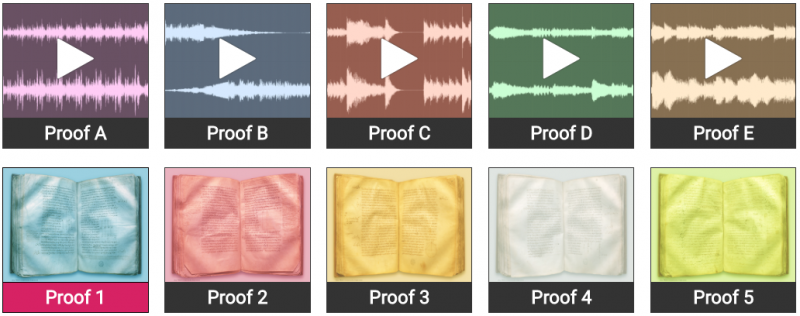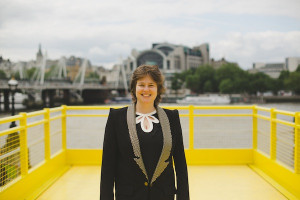
A conversation about mathematics inspired by a guitar. Presented by Katie Steckles and Peter Rowlett, with special guest Sam Hartburn.

Podcast: Play in new window | Download
Subscribe: Google Podcasts | RSS | List of episodes

A conversation about mathematics inspired by a guitar. Presented by Katie Steckles and Peter Rowlett, with special guest Sam Hartburn.

Podcast: Play in new window | Download
Subscribe: Google Podcasts | RSS | List of episodes

Marcus du Sautoy has tweeted about a mathematics and music project he’s involved in, called The Sound of Proof. Five classical proofs from Euclid’s Elements have been interpreted by composer Jamie Perera into musical pieces, and they’ve put together an app/game to see if you can work out which one corresponds to which.
They’ll be announcing the results at an event as part of Manchester Science Festival in October. The project is a collaboration with PRiSM, the research arm of the Royal Northern College of Music in Manchester.
I could have sworn we posted about the fact the Pet Shop Boys were writing some music about Alan Turing, but I can’t find anything in the archives.
Anyway, the Pet Shop Boys have written a piece of music “inspired by codebreaker Alan Turing”, titled A Man from the Future (not The Man from the Future, the 2011 Brazilian classic), and it was performed for the first time on Wednesday as part of the BBC’s Proms season.
It’s not my cup of tea in the least bit, but we’ve covered every other bit of never-ending Turing centenary news so why not this one?
You can listen to the performance on BBC Radio 3 but, thanks to The Unique Way the iPlayer Works, the actual program starts about six minutes in.
Aperiodipal Nathan Barker sent me this video by Durham University’s Herbert Gangl, inspired by his number theory course last year.
[youtube url=https://www.youtube.com/watch?v=wTFCPnxe9Jc]
I’ll never be able to think about algebraic numbers again without hearing this. Thanks, Herbert! No thanks, Nathan!
(This article is based on an interview that was originally conducted for the podcast Relatively Prime)
Robert Schneider is a rock star mathematician. I do not mean that in the metaphorical sense, as when it is applied, with a rather unmathematical lack of precision, to celebrity mathematicians such as Terry Tao, Cedric Villani, or Timothy Gowers. I mean it in the most literal sense: Robert Schneider is a mathematician and Robert Schneider is a rock star.
 Anyone who caught any of this summer’s BBC Proms may have noticed that in the midst of the World’s Greatest Classical Music Festival, someone managed to sneak in a bit of mathematics. Emily Howard, whose degree was in Mathematics and Computing at Oxford, has become a composer whose works are performed alongside Glinka and Shostakovich. I spoke to Emily about her latest composition, Calculus of the Nervous System, which was part of this year’s Prom 51, on 21st August.
Anyone who caught any of this summer’s BBC Proms may have noticed that in the midst of the World’s Greatest Classical Music Festival, someone managed to sneak in a bit of mathematics. Emily Howard, whose degree was in Mathematics and Computing at Oxford, has become a composer whose works are performed alongside Glinka and Shostakovich. I spoke to Emily about her latest composition, Calculus of the Nervous System, which was part of this year’s Prom 51, on 21st August.
Marcus du Sautoy has lent his weight to The Telegraph’s numeracy campaign, Make Britain Count. In an interview covering maths and music, patterns and abstraction and a little about his and his children’s mathematics education, he also talks about how maths teaching in schools could be improved, stating that
in this country there’s an honour in saying you’re bad at maths, whereas in places such as India and China, mathematics is valued by the community. Parents there know that if their kids understand this language, they will be empowered. Sadly, this message hasn’t got across in many European countries yet… It’s got to be something that the whole society takes responsibility for and that is why I’m supporting the Telegraph’s Make Britain Count campaign. We’re not brave enough in our maths education these days. Kids get so bored at school from 11 to 14. They’re not exposed to the really interesting stuff.
Source: Make Britain Count: Marcus du Sautoy joins our campaign.